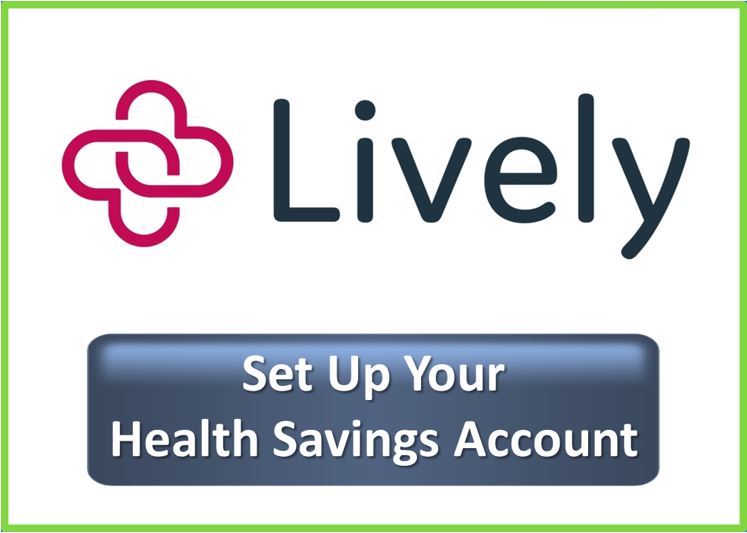Each year, there’s an “open enrollment period” for people who want to purchase an individual health insurance policy or make changes to their existing coverage. For 2016, the open enrollment period runs from November 1, 2015 to January 31, 2016.
Outside of the annual open enrollment period, people who lose employer-sponsored coverage or have certain life events like marriage or the birth of a child qualify for a “special enrollment period” — they have 60 days to purchase coverage in the individual market with that coverage beginning either on the day of the event or the first of the next month.
If you’re outside of the open enrollment period and don’t qualify for a special enrollment period, you’re not completely out of luck, though. You can still purchase a short-term health insurance plan. These plans can provide great protection against unexpected illnesses and injuries and are usually less expensive than an individual health plan, but there are some limitations.
Here’s what you need to know about short-term plans:
- They are not guaranteed-issue, which means the insurance company isn’t required to cover you. However, there are only a handful of medical questions, and most people will qualify.
- These plans do not cover pre-existing medical conditions. They’re intended to provide protection against unexpected illnesses or injuries, not pay for conditions you already have.
- These plans also do not cover preventive care; you’ll have to pay out-of-pocket for routine physicals and well-woman exams.
- Usually there is an annual and lifetime limit on these plans, but it’s high enough that most people will not hit it.
- Short-term plans are not considered “minimum essential coverage” and will not satisfy your requirements under the individual mandate. Even though you have health insurance coverage, you could end up paying a penalty.
In contrast, individual ACA-compliant plans are guaranteed-issue, do cover pre-existing conditions, cover preventive services on an up-front basis, have no annual or lifetime limit, and satisfy your individual mandate requirement.
While there are certainly a few downsides to a short-term plan, it’s far better to have health insurance than not to have it. Therefore, if you don’t have coverage now, a short-term plan is a great way to bridge the gap until you can sign up for and begin your ACA-compliant coverage.
If you need short-term health insurance coverage, contact a JME agent today.








